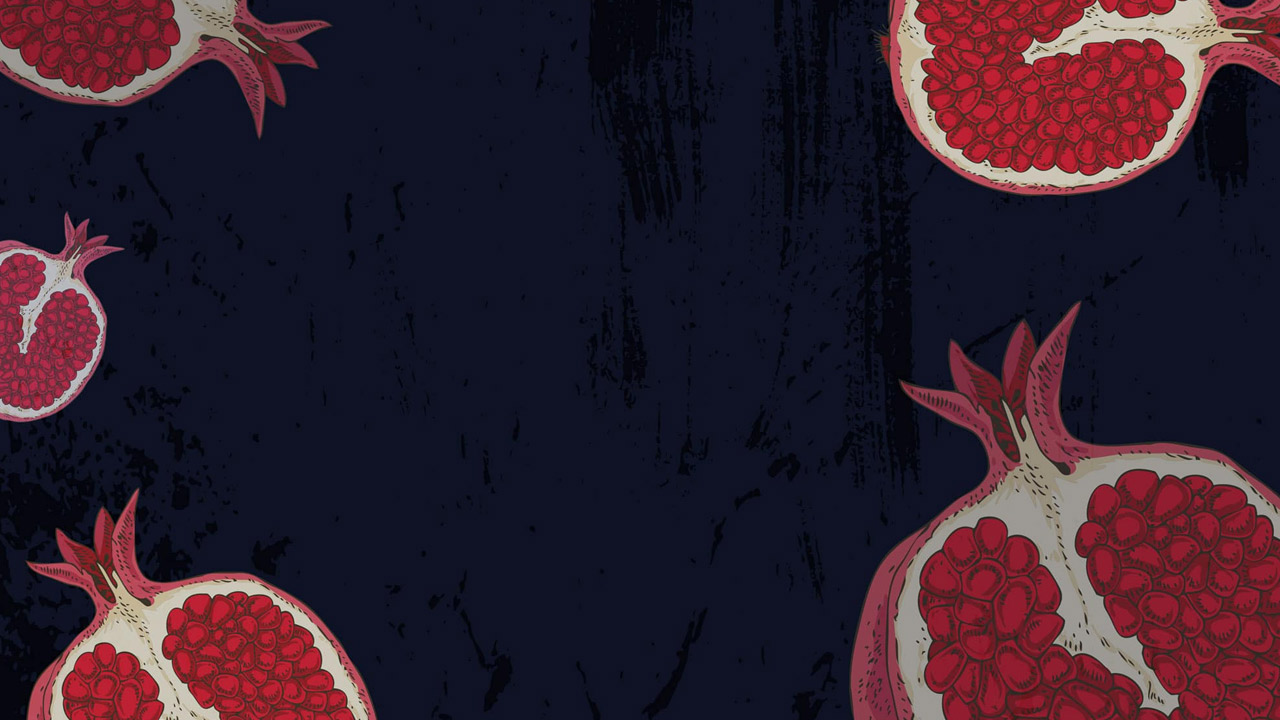The Most Important Jewish Holidays: Rosh Hashanah and Yom Kippur

Now that it is September, we are in the midst of the most important holidays in modern Judaism. These holidays are both spoken of in Leviticus chapter 23, and the reason they are so important is that they deal with the topic of atonement.
Whether religious or not, most Jewish people attend synagogue on Rosh Hashanah and Yom Kippur (they are similar to Easter and Christmas for nominal Christians). However, those who are not members of the synagogue must buy a ticket to attend these services. Many Jewish people pay this price because they want to “cover their bases” spiritually, so to speak.
The first holy day is Rosh Hashanah, the traditional Jewish New Year – mentioned in the Bible as the Feast of Trumpets. In antiquity, this day was celebrated by blowing shofars (rams’ horns) and with sacrifices. Traditionally, it commemorates the creation of the world – or, more specifically, the creation of Man on the sixth day of creation. In synagogues today, it is also customary to speak about the Akedah (the story of the binding of Isaac).
The second holy day, Yom Kippur (the Day of Atonement) is the most important day in the Jewish calendar. In biblical times, this was the only day when the high priest was allowed to enter into the Holy of Holies in the Temple. On this day, the high priest would take two goats. On one goat he would confess the sins of Israel and then send it into the wilderness to die as the scapegoat. The other goat was sacrificed on the altar and its blood was sprinkled on the ark of the covenant. In this way, atonement was made for the whole nation of Israel in one day.
One might ask the question, If atonement had to be made at the Temple in Jerusalem by the sacrifice of animals, and today there is no Temple, then how is atonement achieved now? That is a great question. With the absence of the Temple, rabbis throughout history have created ways for the Jewish people to achieve atonement; however, these ways are not in the Bible.
The rabbis say that God opens two books on Rosh Hashanah: the book of life and the book of death. They say that God will immediately write the names of those who are righteous in the book of life and the names of those who are wicked in the book of death. They also say that most people will not fall into either category. Therefore, according to the rabbis, Rosh Hashanah begins the Yomim Noraim (the Days of Awe); this is the 10-day period between Rosh Hashanah and Yom Kippur. During this time period, Jewish people will begin to volunteer and give to charities in hopes that these good deeds will outweigh the bad deeds of the past year. Then God will reopen the books of life and death on Yom Kippur, and based on each individual’s deeds, God will hopefully write his or her name in the book of life.
These holy days are beautiful in the sense that God gave them to Israel in order to relate with Him – but it is sad that they have been misunderstood for centuries. As believers in Yeshua, we realize that the death and resurrection of the Messiah provided atonement for us. No amount of prayer or good deeds will make up for the sin that separates an individual from God; the Bible makes it clear that we cannot merit our way to the Lord. Unfortunately, all the efforts of Jewish people to attain atonement by works are futile. Please pray for Jewish people during these holidays – that their search for atonement would lead them to Yeshua the Messiah.
Believers can relate to these holidays because they foreshadow what God is going to do in the future. Rosh Hashanah, the Feast of Trumpets, foreshadows the coming of the Lord (1 Thessalonians 4:16) and Yom Kippur foreshadows the future event when all of Israel will be saved (Romans 11:26). They will look to Yeshua as He returns to this world and will realize He indeed is the Messiah (Zechariah 12:10). These days will be incredible. During this season, it is good to remember God’s provisions and sacrifices on our behalf. He is good and He is faithful!
Sign up to recieve our email newsletters
Get the latest news from Israel, insights from Dr. Mitch Glaser, international ministry reports, as well as videos and podcasts, downloadable resources, discounts in our online store, and much more!